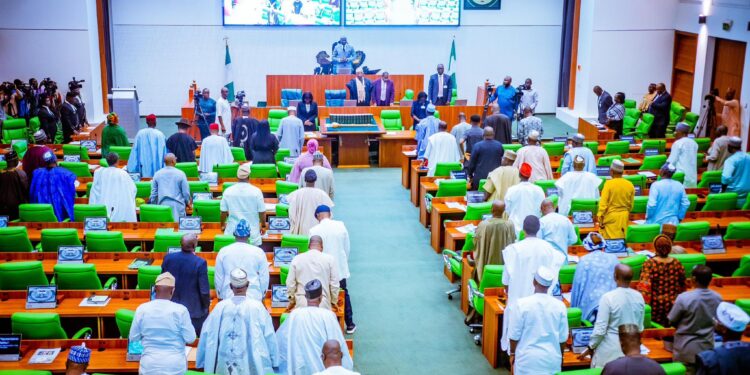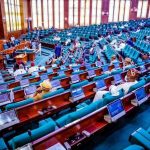Nigeria’s National Bureau of Statistics (NBS) could soon gain greater independence as lawmakers advance reforms to improve its funding, credibility, and ability to deliver reliable national data. For businesses, investors, and policymakers, the move signals a shift toward stronger decision-making backed by accurate statistics.
The House Committee on National Planning has confirmed that the NBS Act, last amended in 2007, is outdated and leaves the agency exposed to funding gaps and delays. A new reform bill, which has already passed First Reading in the House of Representatives, seeks to overhaul the bureau’s operations and give it more control over its finances.
The proposed law introduces a National Tax Trust Fund, through which government agencies, development partners, and private sector users of NBS data can contribute to its sustainable funding. The bill also grants the agency authority to collect information directly from private companies, improving data coverage and accuracy.
For small businesses and startups, this could mean access to more reliable statistics for planning, market entry, and investment decisions. Entrepreneurs often struggle with incomplete or outdated data, and stronger independence for the NBS may help close that gap.
During a bilateral visit in Abuja, a delegation from Liberia’s House of Representatives commended Nigeria’s efforts to strengthen its statistical systems. With Liberia’s population at just over five million, its lawmakers noted that Nigeria’s experience managing data for more than 200 million people offered valuable lessons.
Nigeria’s Statistician-General briefed the visitors on recent innovations and stressed the importance of collaboration on legislation and data quality across Africa. The exchange highlighted how stronger institutions in one country can inspire reforms in others.
Earlier this year, the federal government reaffirmed its commitment to safeguarding the bureau’s independence. Officials praised the NBS for producing credible reports, while also acknowledging that reforms are needed to address perceptions of declining trust in its outputs.
By securing financial autonomy, lawmakers believe the NBS can deliver timely and dependable statistics without being tied down by budgetary constraints. For investors, MSMEs, and policymakers, this shift could create a stronger foundation for evidence-based planning and growth.
If passed, the reform bill would reshape how the NBS operates, reducing reliance on government allocations and expanding its role in national development. For Nigeria’s economy, where accurate data underpins both public policy and private investment, the proposed changes could provide a much-needed boost to transparency and accountability.










